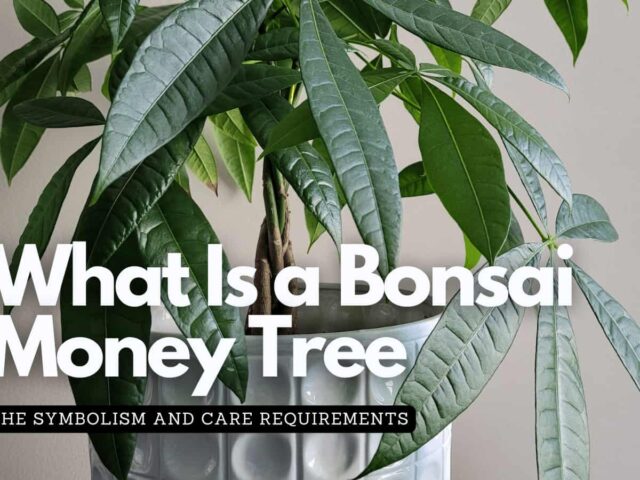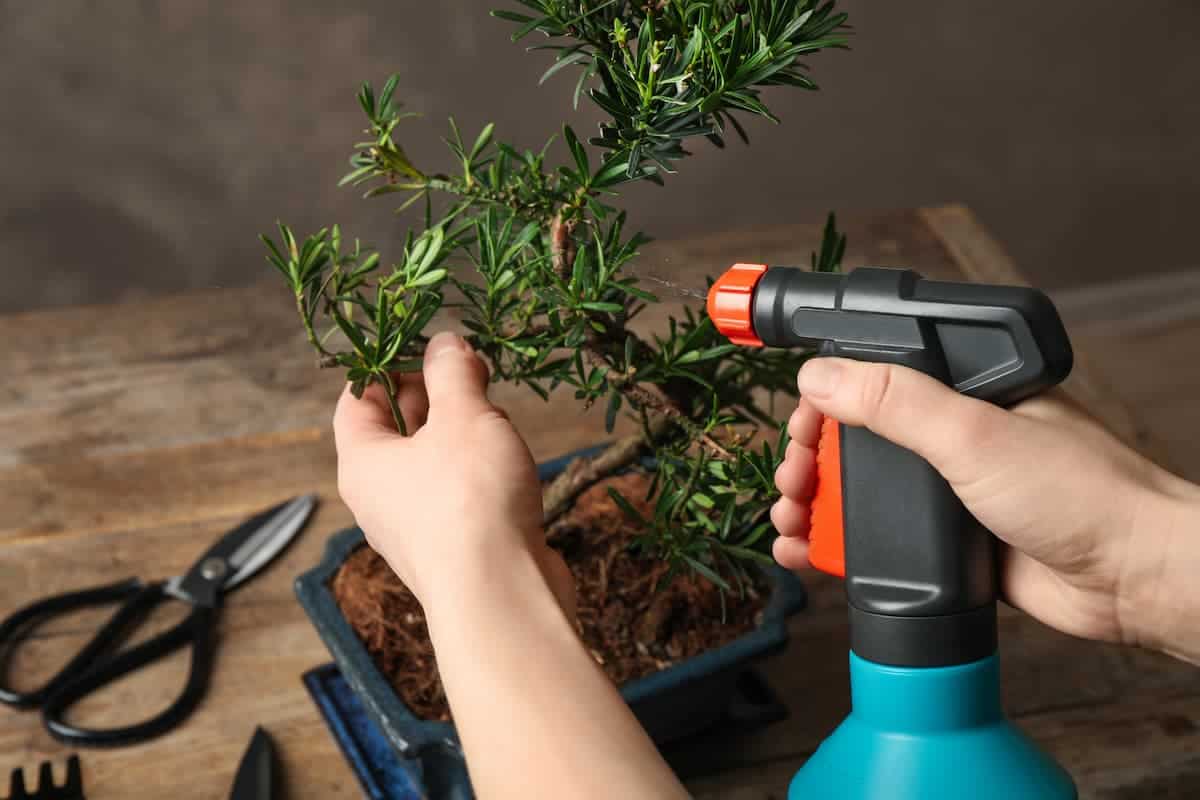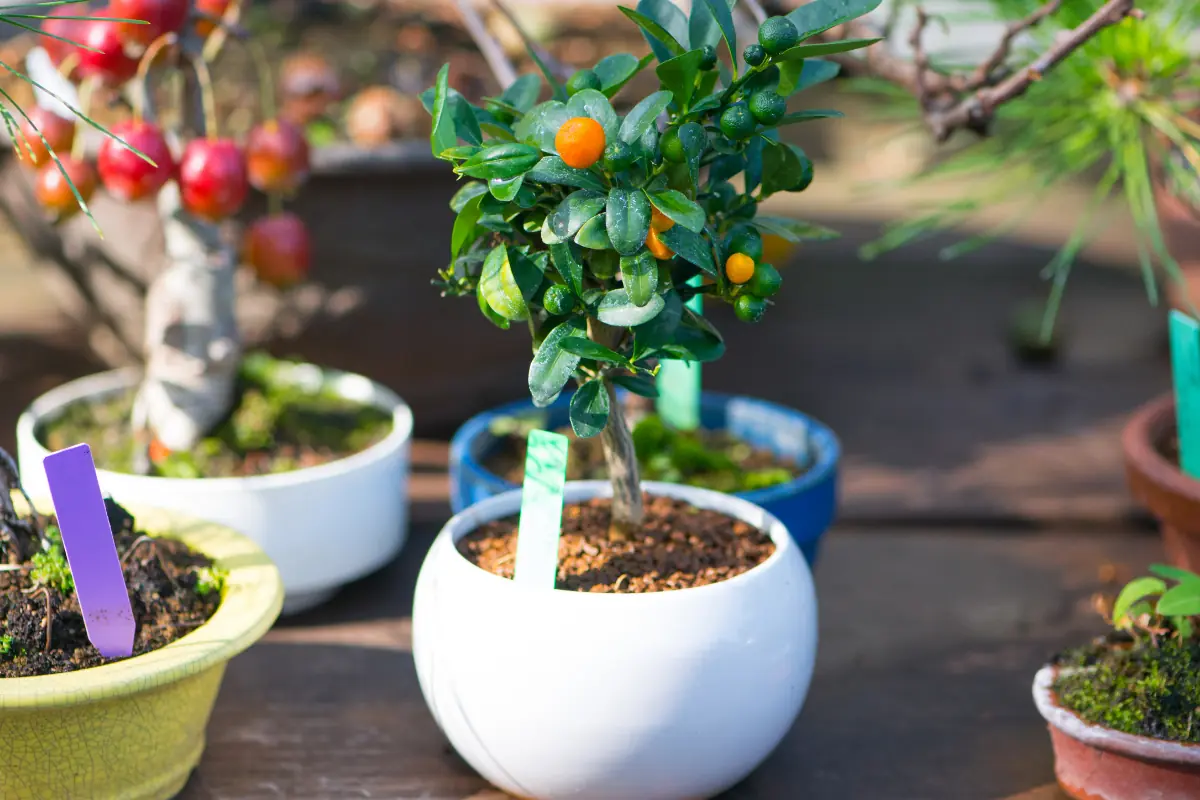Ever scratched your head, wondering when those miniature tree seeds you painstakingly planted would break through the soil, announcing their arrival to the world? Well, you’re not alone on this journey of anticipation.
The germination timeline of these seeds isn’t set in stone but rather dances to the tune of several influencing factors. From the species of the tree to the nurturing environment you craft, every little detail counts.
Let’s dive into this together and unravel the secrets to successfully sprouting your bonsai seeds.
Key Takeaways
- Bonsai seeds typically sprout within 2 weeks to 2 months, influenced by seed type, age, and care practices.
- Monitoring seed progress is crucial, looking for signs like swelling, cracking, and tiny sprout emergence.
- Environmental factors like temperature, moisture, and light impact germination speed and success.
- Troubleshoot slow sprouting by adjusting conditions like moisture levels, temperature, and seed quality.
Germination Timeline Overview
When considering the germination timeline for bonsai seeds, it’s crucial to understand the specific factors that influence the sprouting process. Bonsai seeds typically germinate within a timeframe ranging from 2 weeks to 2 months after planting.
However, certain seeds may necessitate specific conditions such as cold stratification or scarification to initiate germination. The speed at which seeds sprout can be influenced by various factors including the type of seed, environmental conditions, care practices, and the particular species of bonsai seeds.
It’s important to exercise patience as germination timelines can vary significantly based on these variables. Monitoring key aspects such as soil moisture, light exposure, and temperature is essential for optimizing the sprouting process and ensuring successful growth of your bonsai seeds.
Factors Affecting Seed Sprouting
Factors influencing the sprouting of bonsai seeds include the seed type, age, and species, all of which play a significant role in determining the germination timeline.
Bonsai seeds vary in their sprouting times, with some seeds germinating in as little as 2 weeks, while others may take up to 2 months to sprout. Environmental conditions such as temperature, moisture levels, and light exposure also greatly influence seed sprouting.
Fresh bonsai seeds generally have higher viability and tend to sprout faster compared to older seeds. It’s essential to provide consistent care and patience as differences in germination times are normal.
Typical Germination Duration
Understanding the typical germination duration of bonsai seeds is essential for successful cultivation. Bonsai seeds can germinate anywhere from 2 weeks to 2 months after planting, influenced by the specific species and environmental conditions.
Some bonsai species may sprout faster due to optimal moisture levels, warmth, and light. It’s important to note that patience is crucial as germination times vary. Providing a consistent environment with the right amount of moisture is key to promoting bonsai seed sprouting.
Different bonsai species may have specific germination requirements, so following seed germination instructions meticulously can help ensure successful sprouting.
By monitoring soil moisture levels closely and attending to the specific needs of each bonsai species, you can enhance the chances of successful seed germination.
Monitoring Seed Progress
To effectively monitor the progress of bonsai seeds, start by establishing a seedling growth timeline based on the expected germination period.
Observe the stages of germination closely, looking for signs like seed swelling, cracking, and the emergence of a tiny sprout.
Track the seedling development meticulously, noting any changes or growth to ensure accurate monitoring of the bonsai seed progress.
Seedling Growth Timeline
When monitoring the seed progress of bonsai seeds, it’s essential to observe for signs of germination such as the emergence of tiny sprouts. Bonsai seeds can sprout anywhere between 2 weeks to 2 months, highlighting the importance of patience in this process.
The growth timeline of seedlings varies depending on the seed type and environmental conditions. Regular monitoring is crucial to ensure adequate moisture, light, and temperature are maintained to support germination.
Tracking the growth timeline allows for adjustments in care routines to promote optimal seedling development. By staying observant and following the growth timeline closely, you can provide the necessary conditions for your bonsai seeds to sprout and thrive.
Observing Germination Stages
As you track the progress of your bonsai seeds, observing the germination stages is crucial to ensuring successful sprouting. Keep an eye out for the initial stage where the seeds swell and crack, indicating the beginning of the germination process.
Look for signs like tiny root emergence and cotyledon growth, which are early indicators of sprouting. It’s essential to regularly monitor the moisture levels to provide the right environment for germination.
Consistent care is key during this phase to support the seedlings as they begin their growth journey. By paying close attention to these germination stages, you can increase the chances of your bonsai seeds sprouting successfully.
Tracking Seedling Development
Monitoring the development of your bonsai seedlings requires close observation and meticulous attention to detail. The germination process of bonsai seeds can vary, with some species taking up to 2 months to sprout due to specific requirements or dormancy periods.
To ensure successful seedling development, it’s crucial to monitor moisture levels regularly and provide suitable conditions. Seedlings should be carefully observed until they’ve developed at least 2 true leaves before being pricked out for optimal growth.
Troubleshooting Slow Germination
If your bonsai seeds are taking longer than expected to sprout, consider the quality of the seeds and the environmental conditions they’re in.
Poor seed quality or unsuitable growing conditions can lead to slow germination rates. To troubleshoot slow germination, assess the seed quality and adjust the environmental factors accordingly for optimal growth.
Seed Quality
For troubleshooting slow germination in bonsai seeds, assessing the quality of the seeds is crucial to determine potential issues affecting sprouting speed.
High-quality bonsai seeds typically sprout within 2 weeks to 2 months under optimal conditions. Slow germination may indicate poor seed quality or inadequate environmental conditions.
Factors like temperature, moisture, and light influence the speed of bonsai seed sprouting. Fresh seeds sourced from reputable suppliers tend to germinate quicker than older or poorly stored seeds.
Troubleshooting slow germination involves adjusting factors like moisture levels, temperature, and seed quality to promote sprouting. It’s essential to ensure that the seeds are of good quality to facilitate timely and successful germination in your bonsai cultivation journey.
Environmental Conditions
Assessing and optimizing environmental conditions is paramount when troubleshooting slow germination of bonsai seeds. The bonsai seed requires a consistent temperature range of 65-75°F for optimal germination, ensuring a conducive environment for growth.
Maintaining appropriate soil moisture levels is crucial to prevent seeds from drying out during the germination process, promoting successful sprouting.
Adequate light exposure is essential to encourage seed development and healthy growth. Consider utilizing bottom heat sources to create a warmer setting, potentially speeding up germination.
Regularly monitor seed trays for any signs of mold or fungal growth that may impede germination progress.
Celebrating Successful Sprouting
Celebrating the successful sprouting of bonsai seeds marks a significant achievement in the germination process, signifying the beginning of the seedlings’ growth journey.
This milestone in bonsai seed germination indicates that the seeds have successfully germinated and are now starting to grow into seedlings. It’s crucial to monitor soil moisture levels carefully and provide suitable conditions to ensure successful sprouting.
Witnessing the emergence of the first tiny leaves from the soil is an exciting moment as it symbolizes the start of the bonsai seedling’s development.
This celebration of successful sprouting is a testament to your dedication and care in nurturing the seeds through this crucial stage towards becoming flourishing bonsai trees.






